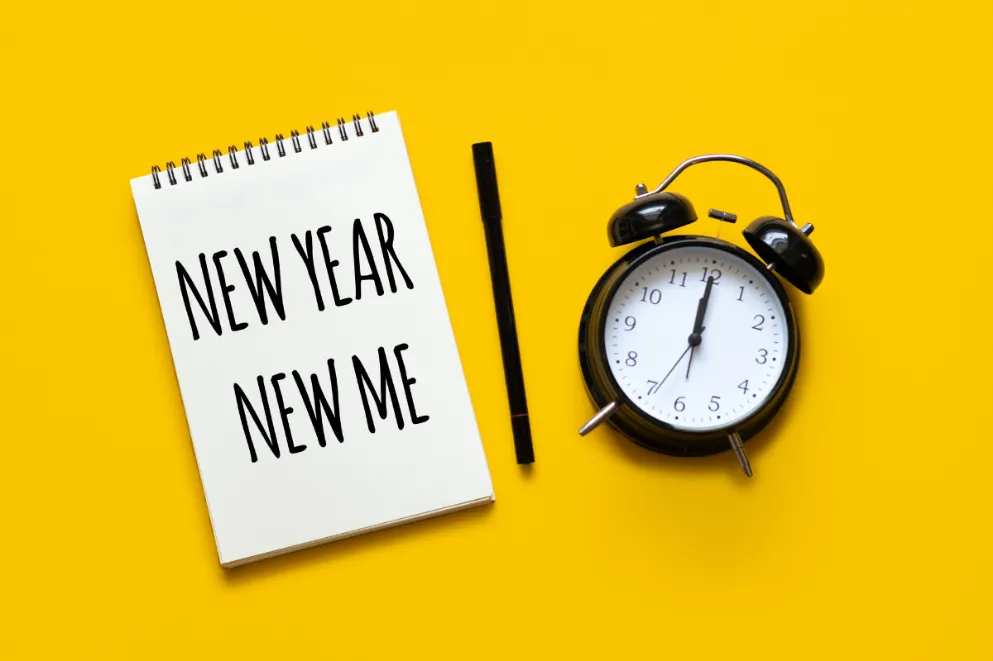Written and medically reviewed by Dorcas Morak, Pharm.D
World Sleep Day is approaching, and it's a poignant reminder of the importance of quality sleep for our overall well-being. As we gear up to celebrate healthy sleep habits on March 15, we must address the question many of us face: "How can I force myself to sleep better?" Explore practical strategies to enhance sleep quality and promote a rejuvenating rest each night.
Why Am I Struggling to Sleep at Night?
Understanding the reasons behind your restless nights is the first step towards achieving better Sleep. With over 80 sleep disorders identified, including insomnia, sleep apnea, restless leg syndrome, and jet lag, it's evident that various factors can disrupt your sleep patterns. Lifestyle demands, technological distractions, and underlying health conditions contribute to sleep disturbances, affecting millions globally.
How Can I Sleep Better Naturally?
Developing healthy bedtime habits can significantly improve our sleep quality. Here are some natural strategies to help you achieve a restful night:
1.Stick to a Sleep Schedule: A consistent sleep routine regulates your biological clock, making it easier to fall asleep and wake up refreshed daily.
2.Create a Bedtime Ritual: Engage in calming activities before bed, such as reading a book or taking a warm bath, to signal your body that it's time to unwind.
3.Engage in Relaxing Activities: Incorporate soothing activities into your evening routine, like journaling or practicing deep breathing exercises, to alleviate stress and promote relaxation.
4.Minimize Screen Time: Avoid exposure to screens before bedtime, as the blue light emitted can disrupt melatonin production and interfere with your sleep-wake cycle.
5.Optimize your Sleep Environment: Ensure your bedroom is conducive to sleep by maintaining a cool temperature, investing in a comfortable pillow, and blocking out excess noise and light.
6.Prioritize Physical Activity: Regular exercise promotes deep sleep and enhances sleep quality. However, avoid vigorous workouts close to bedtime to prevent heightened alertness.
7.Mind Your Caffeine and Alcohol Intake: Limit consumption of caffeine and alcohol, especially in the hours leading up to bedtime, as they can interfere with sleep patterns and reduce REM sleep.
8.Practice Relaxation Techniques: Incorporate relaxation methods such as aromatherapy, breathing exercises, and mindfulness meditation to calm your mind and prepare for sleep.
Which Medications Can Help You Fall Asleep?
Treatment for insomnia varies based on severity and causes. Initially, non-pharmacological options mentioned above are recommended first, followed by over-the-counter medications like Banophen, Unisom, and Melatonin for short-term relief. If sleep troubles persist, consult a healthcare provider who can assess for underlying disorders and prescribe medications such as Benzodiazepines (e.g. Halcion (triazolam) and Restoril (temazepam)), Z-drugs (e.g. Ambien (zolpidem), Lunesta (eszopiclone), and Sonata (zaleplon)), or Antidepressants (e.g. Silenor (doxepin)).
In conclusion, prioritizing sleep health is paramount for overall well-being. By implementing these practical tips and seeking appropriate support when needed, you can take proactive steps towards achieving better sleep and embracing each day with renewed vitality. If prescription medications are recommended by your healthcare provider, don’t let the stress of affording your medications add to your sleep issues. Become a member of the RxLess Assurance Plan by downloading our free app and have access to the most accurate discounts when you need them most. As we unite to celebrate World Sleep Day and advocate for sleep equity, let's empower ourselves and others to embrace the transformative power of a good night's rest.
















